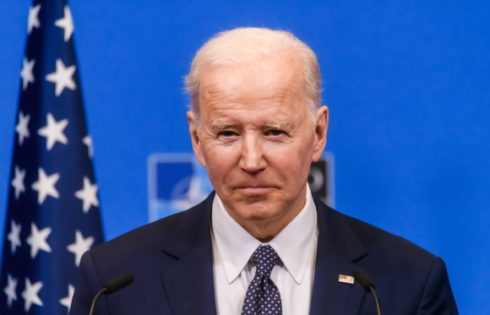Not many Vanderbilt students can say they four-wheeled through a Middle Eastern desert, found humility at the base of a Pyramid, and bargained their way through an Egyptian marketplace this summer. But Sam Fogarty can.
Fogarty is one of an increasing number of students across the nation who have opted out of European travels and have chosen to study abroad in the Middle East instead. According to the Institute of International Education, from 2002 to 2007, the number of students studying abroad in the Middle East has gone up from 562 to about 3,400.
According to Vanderbilt’s Global Education Office (GEO), more Vanderbilt students are applying to study abroad.
“Many universities saw a downturn in their applications due to the economic crisis but that was not really the case at Vanderbilt,” said Dr. Dawn Turton, executive director for the Vanderbilt International Office.
Over the last 5 years, there has been a 20 percent increase in the number of students studying overseas. 613 undergraduates went on credit-bearing programs, an all-time high for Vanderbilt. Based on attendance at GEO’s study abroad fair last week, Turton anticipates the number of applicants will continue to rise. She attributes the increasing numbers to their implementation of an online application process, GEO’s connection with the Financial Aid office, and the Global Summer Fellows (GSF) Scholarships.
This was the second year for the GSF scholarships, which are funded through the Provost’s office. They provide assistance to students with financial need so they have the opportunity to study abroad in the summer.
“The commitment to fund the scholarships coincided with the downturn in the economy,” said Turton. “This really demonstrated the university’s dedication to helping all students have an opportunity to go overseas.”
France, Spain, and Germany continue to be popular locations for Vanderbilt students because of the strength of the programs there. There has also been increased interest in less traditional locations like South Africa, Singapore, Budapest, and Hong Kong.
In response to the recent popularity of studying abroad in the Middle East, GEO has just introduced a new program at American University in Cairo (AUC).
“We have actually been working on getting this program for the last couple of years, but AUC moved to a new campus and put a hold on signing new agreements,” said Turton. “I’m happy to say that the agreement is now signed and I anticipate the first group of Vanderbilt students to go to AUC next semester.”
They also have a program at Hebrew University in Jerusalem and a popular Maymester in Egypt led by Sherif Barsoum, the director of the International Student and Scholars Services Office.
Fogarty participated in the 2010 Egypt Maymester, and he was blown away by it.
His initial goal was to travel this summer. While career-driven friends were perfecting their resumes and applying for internships, Fogarty, a rising junior, wanted to get out and see the world before he had to worry about the same things. He had heard that the Maymester in Egypt was “mind-blowing, established, and consistently unbelievable,” so when he was accepted to the program, he signed up for the most eye-opening 18 days of his life.
The history fascinated Fogerty, he said. The Valley of the Kings impressed him most, with its man-made caves, paintings on the walls, and its massiveness.
The group also saw ancient temples, went on a cruise down the Nile, and rode on ATVs through the Sinai Desert. They woke up at 2 a.m. one morning in order to climb Mount Sinai and watch the sun rise with pilgrims from all over the world.
Exposure to the street-life gave Fogarty an idea of what life is like is like there. He said that the market place revealed the bargaining and begging culture of Egypt. With all of the hustle and bustle, walking through the cities made for a radical experience.
“It was vibrant and dirty,” Fogarty said. “The aggression and kindness of the people revealed something about their history and culture.”
The things he heard also entertained him. “They would always sell you crazy phrases to get your attention,” he said.
Fogarty was also able to bridge the gap between American stereotypes of the Islamic world and what actually exists there. He noted major differences, like fully veiled women walking alongside him in the street, but he also saw many similarities between Islam and Christianity.
His mind was opened to how similar we all are, he said, and now the topic of religion in the Middle East fascinates him.
“The differences we perceive are cultural,” Fogarty said. “The morality is the same.”
Frannie Boyle is a senior at Vanderbilt University and the former editor of the Vanderbilt Torch. She is a member of the Student Free Press Association.
Like The College Fix on Facebook / Follow us on Twitter





Please join the conversation about our stories on Facebook, Twitter, Instagram, Reddit, MeWe, Rumble, Gab, Minds and Gettr.